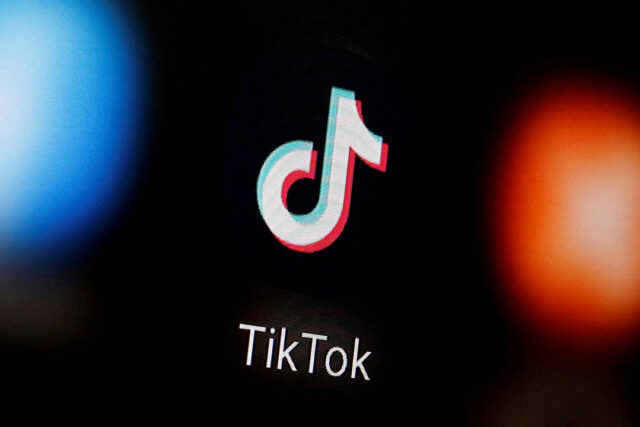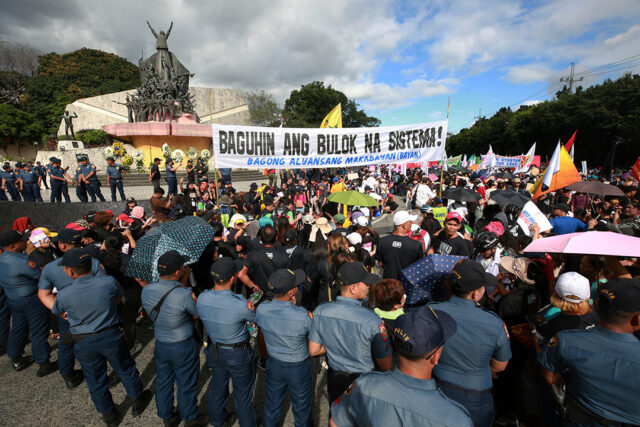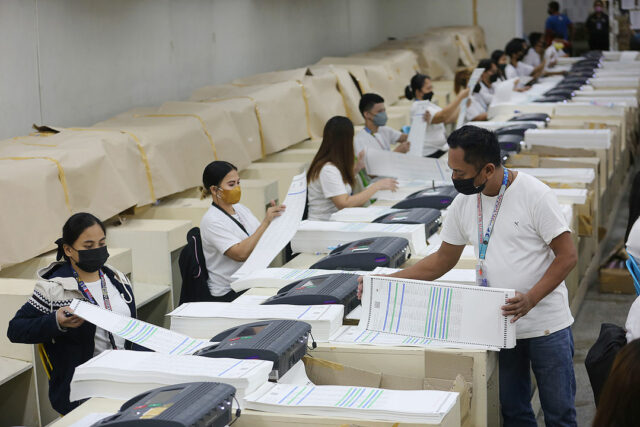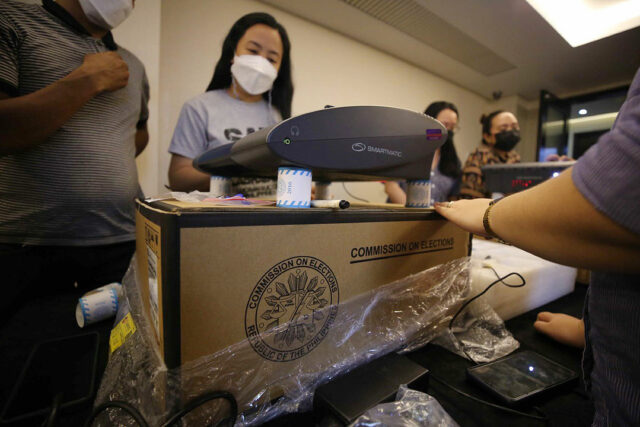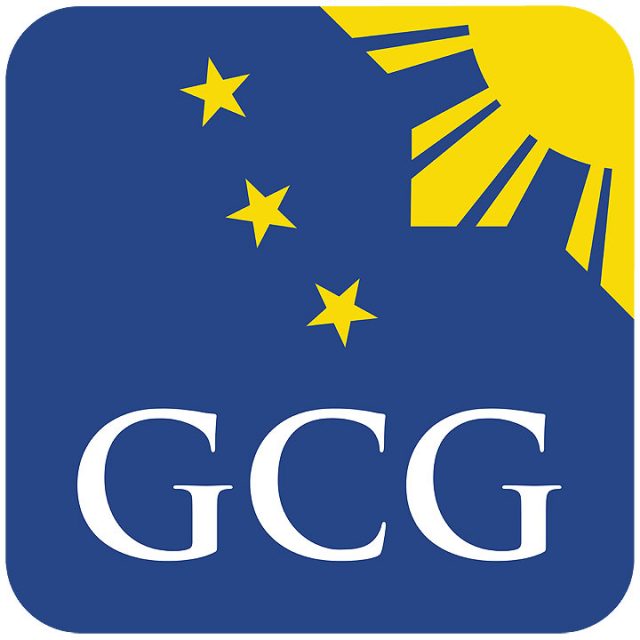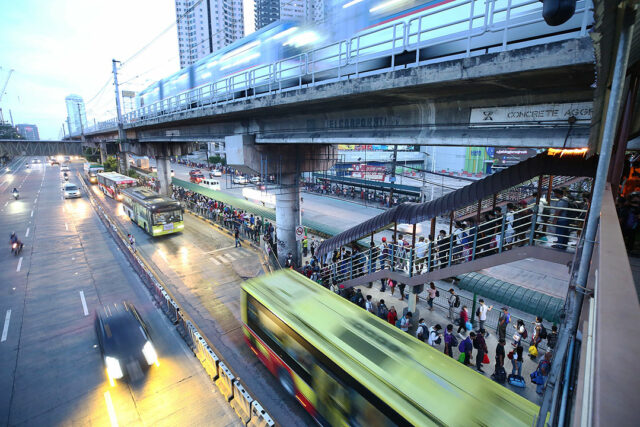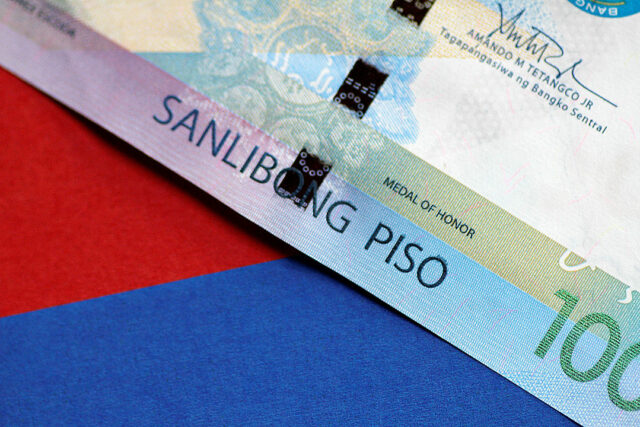TikTok promotes electoral integrity with anti-misinformation initiatives
By Edg Adrian A. Eva, Reporter
TIKTOK, the Philippines’ third most popular social media platform, is promoting electoral integrity through its in-app Philippine Election Center and #ThinkTwice campaign ahead of 2025 midterm elections.
The platform earlier launched the Philippine Election Center to give users access to verified election information, including voting guidelines and election updates, Peachy A. Paderna, public policy manager of TikTok Philippines, told reporters in a site visit to TikTok’s Transparency and Accountability Center (TAC) in Singapore last Wednesday.
It also ran the #ThinkTwice campaign, a digital safety initiative that equips users with resources to identify misinformation during the election period.
 “We want people to be properly empowered so that they’re able to express themselves not just on the platform but also at the polling booths come election day. That’s why our initiatives are centered around providing them with access to reliable election information,” Ms. Paderna told BusinessWorld.
“We want people to be properly empowered so that they’re able to express themselves not just on the platform but also at the polling booths come election day. That’s why our initiatives are centered around providing them with access to reliable election information,” Ms. Paderna told BusinessWorld.
These are in partnership with the Commission on Elections (Comelec), the National Citizens’ Movement for Free Elections (NAMFREL), and the Legal Network for Truthful Elections (LENTE).
Ms. Paderna said TikTok is working with Comelec, LENTE, and NAMFREL to better understand the local context and identify policy-violating content, such as election-related misinformation.
Renowned Filipino lawyer Melencio S. Sta. Maria, Jr. found TikTok’s initiatives as important in ensuring people’s trust, especially among the youth, in the electoral process.
“The things that TikTok does in preserving integrity and preventing misinformation, along with the guidance they’re providing to users in making social media more honest and more acceptable to all in terms of the truth,” Mr. Sta Maria said.
Separately, Filipino lawyer and content creator Tony Roman told BusinessWorld that social media platforms taking steps to promote electoral integrity would help voters, especially the youth, make informed voting decisions.
“In the same way that I sort of impart and teach the law using social media, this is a good and effective way to reach the youth and voters, basically encouraging them to vote wisely,” Mr. Roman said.
Apart from the Philippine Election Center and #ThinkTwice, TikTok also plan to release a three-part podcast series with LENTE covering election-related topics.
During a site visit to TikTok’s TAC, the platform shared how its algorithms work, its content moderation practices, and its efforts to combat violations such as alcohol use, proliferation of misinformation, among others.
The company shared that it employs a content moderation system that combines automated detection with over 40,000 members of its trust and safety team to identify and remove content that violates the platform’s community guidelines.
TikTok said that it takes down an average of 1.6 million videos per day globally, or about 1% of the 160 million videos posted on the platform daily, due to violations.
In the Philippines alone, TikTok’s latest data revealed 4.5 million videos were taken down from July to October 2024, with 99.7% proactively removed by TikTok’s automation and 98% taken down within 24 hours after being reviewed by members of its trust and safety team.
TikTok said it has yet to release data on videos and fake accounts removed from November to February, covering the 2025 candidacy filing and campaign season kickoff.

